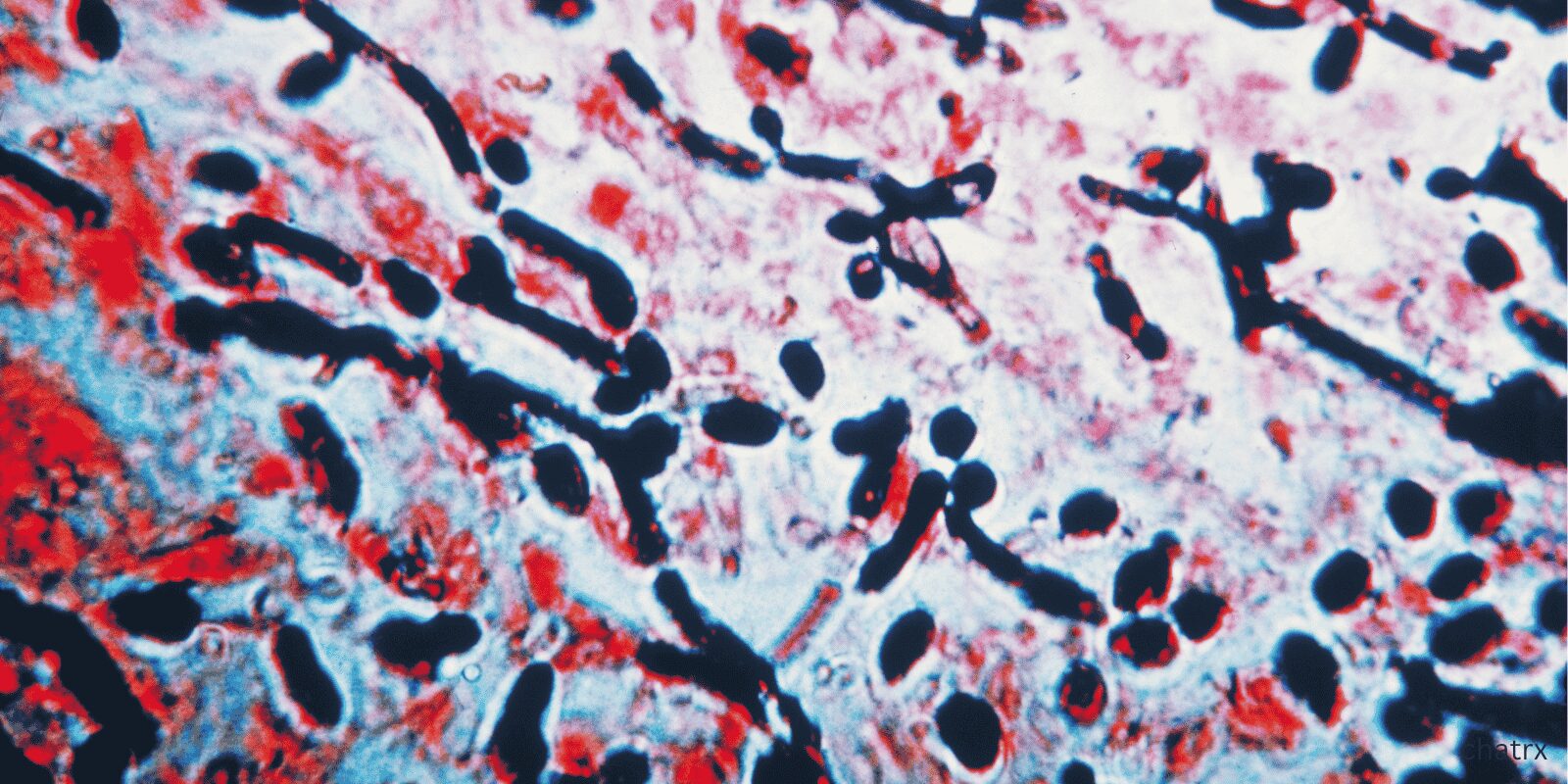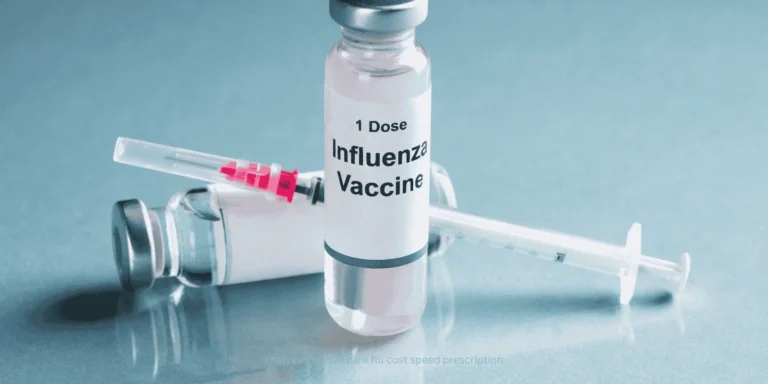While yeast infections can’t always be prevented, certain probiotics, dietary changes, and lifestyle modifications can significantly reduce your risk of recurring Candida overgrowth.
Probiotics that work: Lactobacillus strains are most effective for vaginal health. Look for supplements containing Lactobacillus rhamnosus, L. reuteri, and L. acidophilus. These beneficial bacteria help maintain the acidic pH that prevents yeast overgrowth.
Dosage matters. Choose probiotic supplements with at least 1 billion CFUs (colony-forming units) for best results and take them consistently.
Dietary strategies: Since yeast feeds on glucose, reduce sugar intake. This includes limiting refined sugars, high-sugar fruits, and processed foods that can fuel Candida growth.
Include antifungal foods like garlic, coconut oil, and unsweetened yogurt with live cultures. These foods naturally combat yeast while supporting beneficial bacteria.
Avoid excessive alcohol and refined carbohydrates that can disrupt vaginal pH balance and promote yeast growth.
Lifestyle modifications that help: Cotton underwear allows better airflow as compared to synthetic fabrics, reducing moisture that encourages yeast growth.
Avoid douching and scented feminine products that disrupt the natural vaginal microbiome and pH balance.
Change out of wet clothing quickly after swimming or exercising to prevent prolonged moisture exposure.
Manage blood sugar if diabetic, as elevated glucose levels increase the risk of yeast infections.
What doesn’t work: Despite popular claims, cranberry supplements and apple cider vinegar lack strong evidence for yeast infection prevention. Focus on proven strategies instead.
When prevention isn’t enough: Some women experience recurrent yeast infections despite preventive measures due to:
- Hormonal changes
- Antibiotic use
- Underlying health conditions
- Genetic factors
Disclaimer: Probiotic supplements are not FDA-approved for treating or preventing yeast infections. This information is educational and not specific medical guidance.
If you’re experiencing recurring yeast infections despite preventive efforts, ChatRx can help evaluate your symptoms and recommend appropriate antifungal treatment options.













